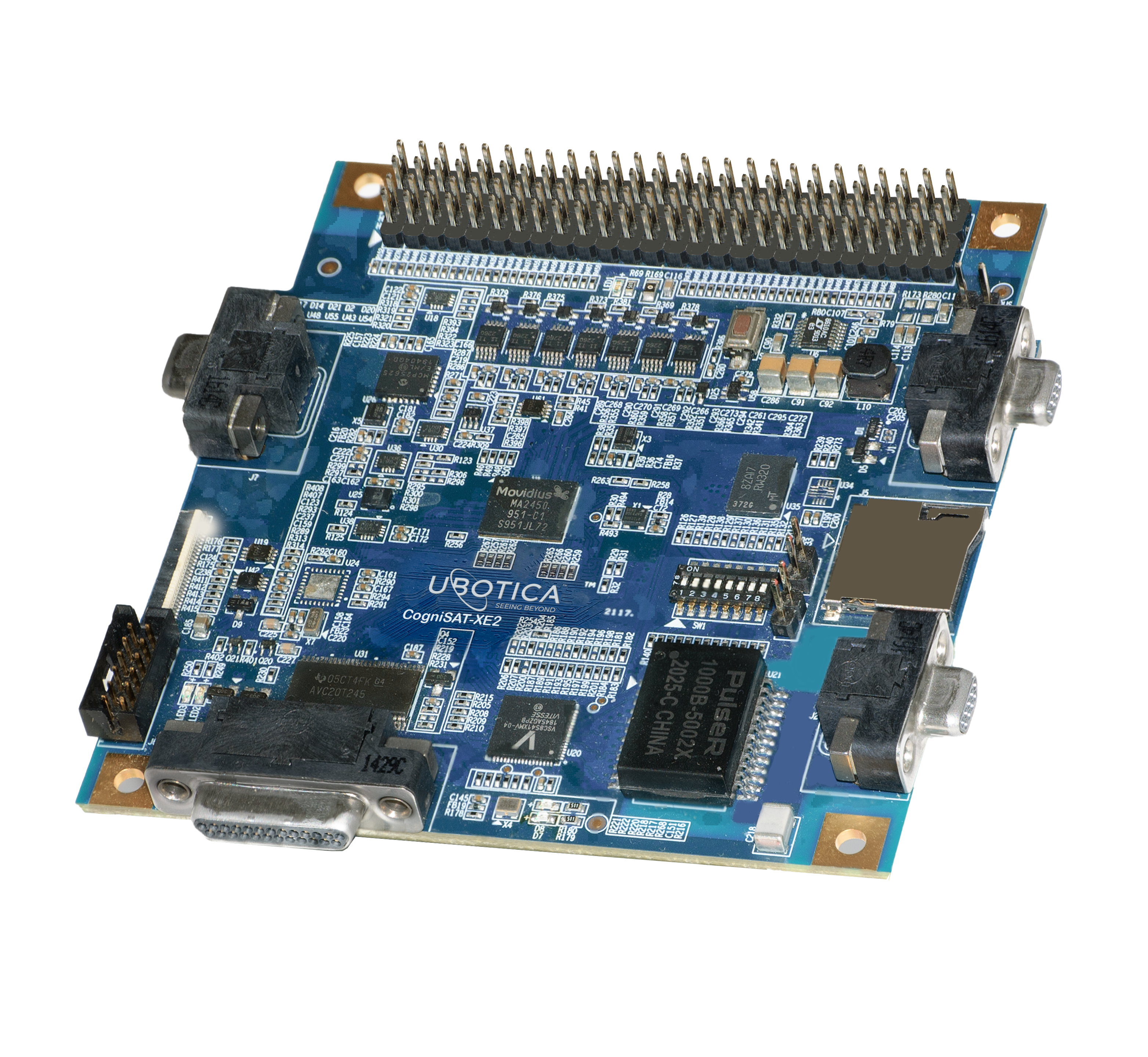Space AI leader Ubotica Technologies is partnering with IBM to leverage IBM cloud infrastructure and watsonx.ai components, intending to simplify the process for a developer to get their application running onboard a satellite. With a single click, mutual customers will be able to securely deploy their AI models directly to satellites that use the Ubotica CogniSATTM platform. These space-borne AI models are then used to generate insights from data in space. The new approach offers considerable CapEx and OpEx savings for satellite constellation operators, and increased autonomy and decision-making capabilities at the edge with reduced dependence on ground systems.
The industrialization of space AI applications
Several decades ago, only government-sponsored space programs could credibly deliver technology capable of withstanding the rigors of a rocket launch and the space environment. Today, entire industries are looking to leverage the availability of complex space technologies and insights — from reusable rocket launchers to the use of open-source machine learning pipelines — to accelerate a new era of commercial space applications. More recently, commercially available off-the-shelf technology, or “COTS,” has been adopted. Using COTS further reduces the cost of computing in space for a wide variety of applications, including near real-time detection of forest fires (Earth Observation) and space debris removal (In-Orbit Servicing).

Ubotica is delivering its CogniSAT space AI compute platform on-board satellites so that AI inference can be performed on data in space. Earth Observation companies collect many petabytes of data per day. The data is stored and processed on the ground, presenting a very large-scale data challenge. To generate timely application-specific value from all this data, customers need to create insights using edge-based data processing analysis. Like all data and AI use cases, it is critical to address and solve the challenge of analyzing and managing data in these quantities. Ubotica has partnered with IBM to streamline customer’s space AI applications deployment and ground-based cloud data processing operations to help manage this data challenge.
This industrialization of space AI requires an enterprise approach with fit-for-purpose deployment, data storage, and governance capabilities that are secured, scalable and easy to use. It is the commitment to these principles, and IBM’s enabling technologies, that underpins this partnership with Ubotica.
The future of satellites is powered by AI and hybrid cloud
Previously, satellites rotated around the earth with rudimentary capabilities to know when, for example, to open the aperture on the onboard imaging equipment, or when to transmit and receive data based on its position and time in orbit. This was done with almost no ability to interpret other situational or environmental circumstances.
Since 2020, Ubotica has been providing space AI capabilities to the European Space Agency and NASA JPL. In 2023, Ubotica announced CogniSAT-6, the first satellite to use space AI to autonomously schedule image tasking and generate insights onboard using image sensor data. They are building on their major orbiting successes, which includes the European Space Agency Phi-Sat-1 Mission and an award-winning contribution to NASA JPL’s ISS Space AI research platform. By optimizing these technologies to run on small satellites, they will undoubtedly impact every aspect of the Space industry.
As part of this leadership, Ubotica has partnered with IBM to build several services on IBM Cloud. The goal is to provide customer developer teams with the ability to directly deploy their AI inference models to Ubotica’s space AI platforms on LEO satellites.
The initial install is a Red Hat OpenShift on IBM Cloud kubernetes cluster, on which Ubotica will be deploying components to create a hybrid cloud AI platform. Ubotica’s initial architecture will also include components from the Open Data Hub reference architecture and aligns with the underlying implementation of watsonx.ai. Ubotica will also explore the use of other services from IBM’s Cloud Pak for Data portfolio for integration into their operations over the next year.
The IBM Cloud automated deployment system, auto-scaling capabilities and access to over 170 platform services will provide Ubotica with the flexibility to create and amend specific resources based on customer requirements.
Ubotica has seen significant improvements in its processes and operations since adopting IBM’s AI capabilities. For example, before implementing IBM watsonx, Ubotica’s model delivery process, from training to deployment, took up to two weeks end-to-end. A dedicated Ubotica engineer had to devote a full one to two days to each client, in order to effectively manage the process.
Now that the team is using the optimized watsonx.ai pipelines it built with IBM, this model delivery process takes a matter of hours. It is, for the most part, fully automated and requires minimal oversight. Additionally, the team expects the standardization and automation of the new process will save them a significant amount of time which they had previously dedicated to troubleshooting each client’s releases and model updates, thus reducing the opportunity cost for both Ubotica and its clients.
Finally, having one observable AI platform for this work means that if one of Ubotica’s clients runs into any difficulties with its model generation they can get monitor the process and resolve the difficulties thanks to the observability of the entire pipeline.
Leaning into the IBM Ecosystem for growth
Through IBM Partner Plus, Ubotica is accessing IBM technology, as well as business and developer expertise and co-creation support. As a new member of Partner Plus, the IBM New Partner Accelerator has helped Ubotica leverage IBM’s market demand engine, go-to-market collateral and IBM Cloud credits to help develop its customer space AI model deployment process.
The companies are now collaborating to develop an enterprise AI model management system integrated into industry standard source control resources and targeting Ubotica’s bespoke emulator and hardware technologies. Automation and observability are provided to remove potentially error-prone and tedious manual steps in the end-to-end delivery of an AI model to an in-orbit asset. The solution will be run on multi and hybrid cloud deployments with minimum reconfiguration.
This approach is positioning Ubotica and IBM to help mutual customers rapidly deliver AI models for deployment in space applications.
Follow along with Ubotica’s innovation